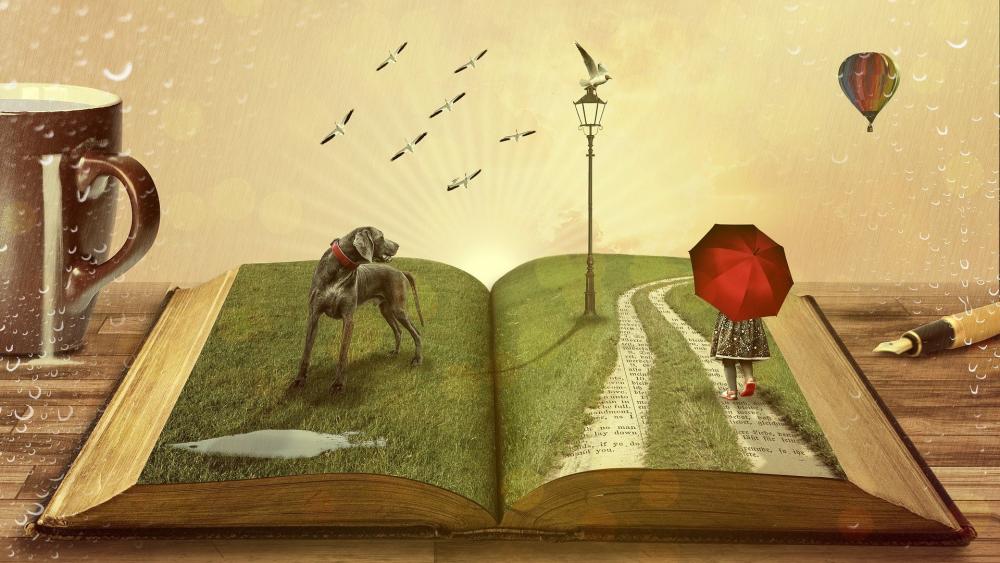
Book Review Example
Book reviews serve as guiding beacons, illuminating the nuances and complexities of literary works. Their significance extends far beyond academic confines, offering a gateway to critical analysis and comprehensive understanding. This coursework seeks to underscore the intrinsic value of book reviews, advocating their pivotal role in shaping perspectives and fostering a deeper appreciation for literature. In particular, our focus will be on unraveling the layers of F. Scott Fitzgerald's magnum opus, "The Great Gatsby."
F. Scott Fitzgerald, a luminary figure in American literature, was profoundly influenced by his era, the Roaring Twenties. His personal life, marked by its tumultuous ups and downs, intricately weaved its threads into the tapestry of "The Great Gatsby." Fitzgerald's relationship with Zelda Sayre, paralleling Gatsby's pursuit of Daisy Buchanan, adds profound layers of authenticity and emotional depth to the narrative. Published in 1925 by Charles Scribner's Sons, this masterpiece has endured across decades and generations, continuously resonating with readers due to its timeless exploration of human desires and societal themes.
"The Great Gatsby" embarks on a mesmerizing journey through the opulent yet tumultuous lives of its characters. Jay Gatsby, a mysterious and affluent figure, stands at the story's center, consumed by an unrelenting longing for Daisy Buchanan, a woman from his past. The narrative, presented through the lens of Nick Carraway, unravels amidst extravagant parties, clandestine affairs, and poignant introspections. Fitzgerald's genius lies in intertwining the grandeur of the Jazz Age with the protagonists' personal struggles, crafting a tale that transcends time and delves deep into the human psyche.
Critical Analysis
Fitzgerald's writing style exudes elegance and sophistication, painting vivid tableaus that transport readers to the opulent world of the 1920s. The characters, notably Gatsby with his enigmatic allure and Nick's moral compass, are meticulously crafted, offering multifaceted perspectives. The plot structure, orchestrated with strategic revelations and nuanced pacing, ensnares readers in its web. Fitzgerald's brilliance shines through in his ability to use storytelling as a vehicle for societal critique, exploring the intricacies of human nature and the flawed pursuit of the American Dream.
While the narrative is compelling, certain plot elements lack comprehensive explanations, leaving room for interpretation or confusion. Secondary characters, such as Jordan Baker or Tom Buchanan, although integral to the story, could benefit from deeper exploration. Fitzgerald's occasional verbosity, while enriching descriptions, may pose challenges to the narrative's fluidity for some readers. Additionally, certain idealized or improbable aspects within the storyline might strain readers' suspension of disbelief.
Fitzgerald masterfully embeds symbols throughout the narrative, each carrying profound connotations and contributing to the story's depth. The green light symbolizing Gatsby's unattainable dream or the Valley of Ashes depicting societal decay serve as rich fodder for analysis. Themes encompassing the corruption of the American Dream, moral degradation in affluent society, and the futility of pursuing unattainable desires resonate with timeless relevance.
Contrasting "The Great Gatsby" with contemporaneous works showcases its unique stylistic and thematic elements. While sharing similarities with other Jazz Age literature, its unparalleled portrayal of disillusionment and incisive societal critique sets it apart, solidifying its position as a hallmark in American literary canon.
Personal Reflection and Response
Fitzgerald's masterful storytelling and intricately woven character portrayals gripped my attention, making the book an immersive and thought-provoking journey. The narrative's tragic and reflective nature evoked a spectrum of emotions, leaving a profound and lasting imprint on my thoughts long after finishing the book.
"The Great Gatsby" remains profoundly relevant, offering poignant insights into contemporary societal pursuits and struggles surrounding wealth, love, and the elusive American Dream.
The book acted as a catalyst for introspection, challenging preconceived notions and reshaping my perspectives on societal constructs and the intricate nature of human aspirations.
In essence, "The Great Gatsby" stands as a timeless masterpiece, encapsulating an era's essence while dissecting profound societal commentaries. Despite minor imperfections, its literary brilliance renders it indispensable for enthusiasts of American literature and those seeking deeper insights into human desires and societal intricacies. Highly recommended for its enduring relevance and profound exploration of the human condition.